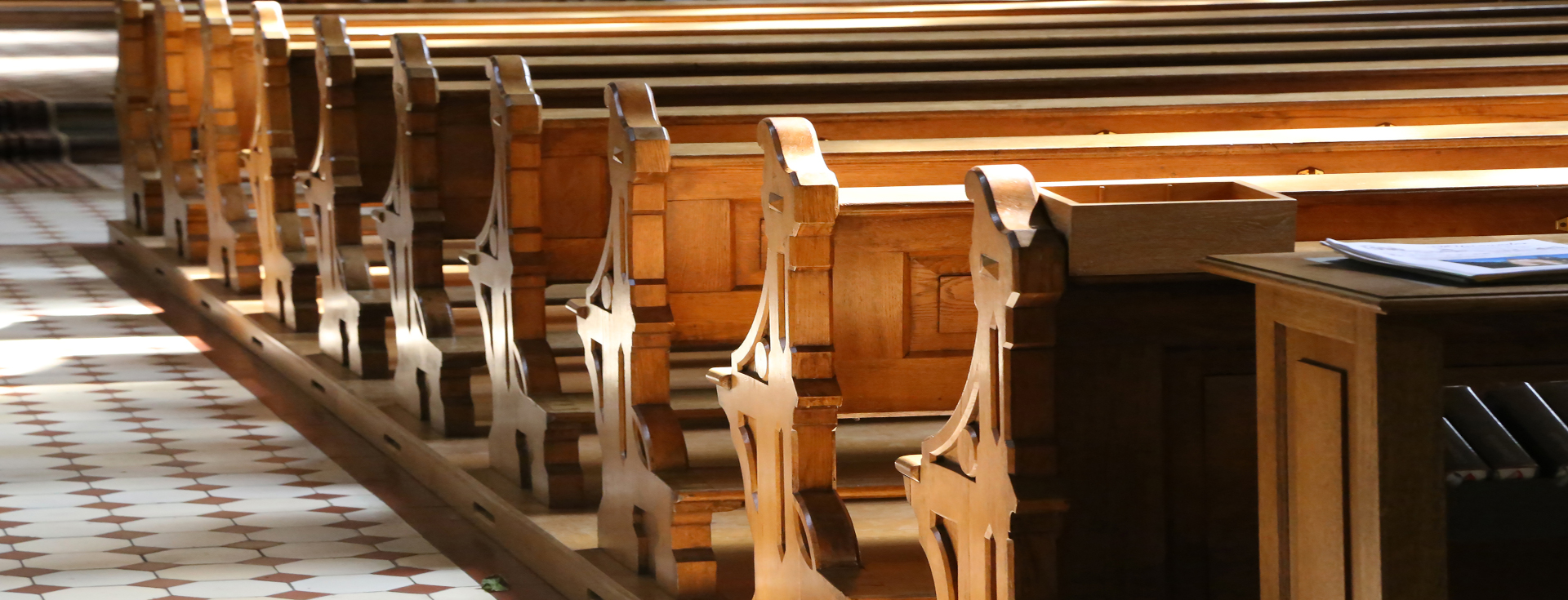Ecclesiastical Law
The term Ecclesiastical Law means all the rules of the Church as well as the laws of the State, which regulate on the one hand the structure of the Church, and on the other hand its relations with the State.
From the point of view of Ecclesiastical Law, the Church is the holy organization founded by Jesus Christ with the ultimate goal of the salvation of the human race. It is worth mentioning the fact that the law of the Orthodox Church has not been codified with the result that its rules are regulated on the one hand by each state in whose territory it operates, on the other hand by the traditions, customs and unwritten and written sacred imperatives as they have been formed all over the centuries. Part of the Ecclesiastical law is the Canon Law, the content of which consists only of the rules of ecclesiastical origin that govern the life of the Church as well as those who establish the internal Ecclesiastical bodies in order to ensure order and discipline within their spiritual life. The Ecclesiastical Courts deal with serious canonical offenses of the clergy and the monks, following the hierarchical power of the Apostles, as it was established around the 2nd century (Law 5383/1932)
In recent years, the jurisprudence of both the Council of State and the European Court of Human Rights has been rich in matters relating to the subject matter of Ecclesiastical Law. Two, then, are the main fields of knowledge of Ecclesiastical Law: the constitutional formation of the State-Church relations and the individual right to religious freedom. The spiritual life of the Church, in particular from the point of view of the sacred canons, cannot be the subject of state intervention as long as it does not conflict with good morals. Ecclesiastical Law is inextricably linked to constitutional and public law, as ecclesiastical legal entities are mostly public law entities, while the Church of Greece is primarily a Legal Entity governed by Public Law. Clergy and monks retain their Greek citizenship, do not disenfranchise their individual rights as defined in the Constitution or the European Convention on Human Rights, their private relations are governed by the provisions of the Civil Code, while their unjust acts can be criminally punishable both under canon law and under criminal law.







